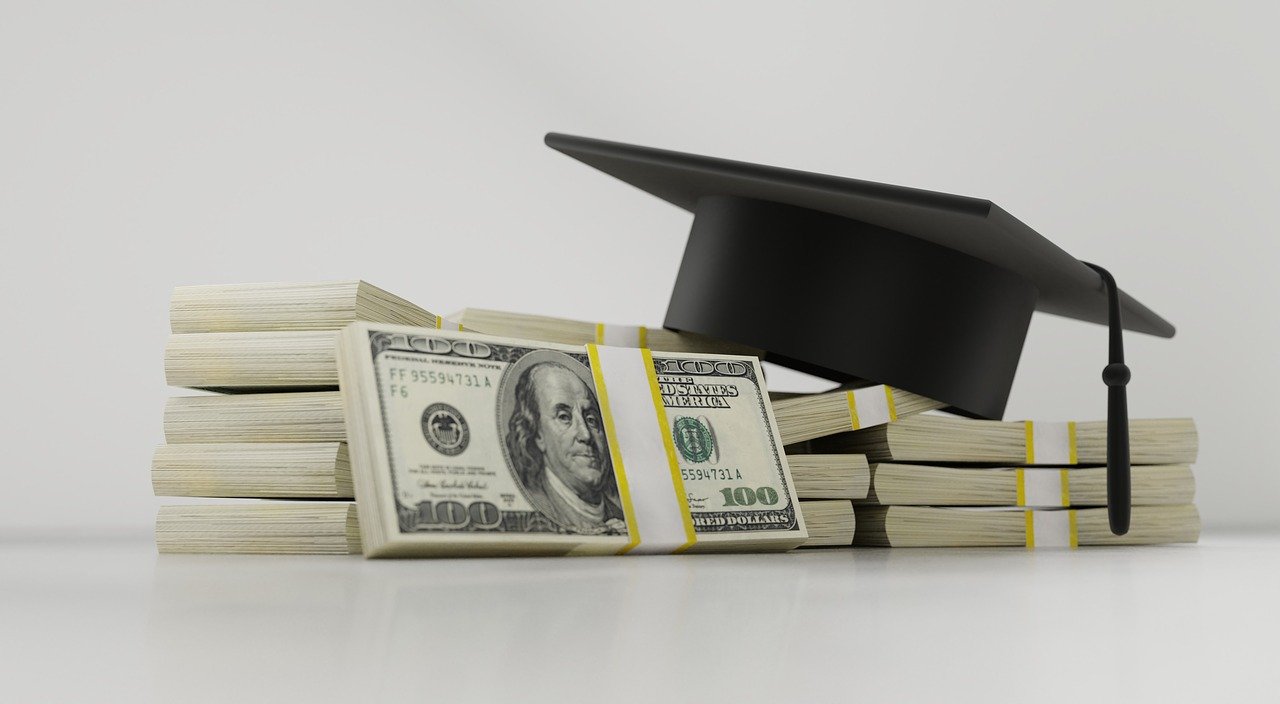7 Tips For Paying Off Student Loans Fast
The COVID-19 pandemic showed that unexpected things could happen and hurt our finances dramatically. Even those who had a great time repaying their debts faced financial challenges once the pandemic restricted their earnings. Now imagine what type of uncertainties can still happen during the long debt repayment journey- ranging up to 25 years or more.
Luckily, if you can shorten the repayment period, you can avoid these uncertainties. Here are seven tips for paying off student loans fast.
-
Change You Repayment Plan
If your income is increased and you have excess money, you can change the repayment plan to a faster one. Federal loan borrowers have access to multiple repayment plans. Those who face financial challenges usually choose Income-Driven repayment plans, which require 20-25 years of payback. However, a Standard repayment plan with higher monthly payment amounts can save you time with just ten years of the repayment period.
Private loan borrowers should contact their lenders to get more information about repayment types. They may agree to move to a new plan or make higher payments to pay off student loans fast.
-
Refinance the Loan
Student loan refinancing happens when an individual gets a new loan and uses the proceeds to pay off an existing loan. This process might seem counter-intuitive. However, if the timing is right, refinancing can lead to reduced interest rates and shorter payback periods.
For example, when students get loans, their credit scores are low, and they may receive private loans with higher interest rates. However, if they make consistent payments, they will improve their credit score over time. In that case, the borrowers can refinance with better credit performance to get lower interest rates.
For federal loan borrowers, refinancing means losing eligibility to federal student aid programs. Hence, you need to carefully analyze the pros and cons before refinancing your student loans.
-
Make Higher Monthly Payments
Making higher monthly payments can also fasten the student loan repayment process. When you pay excess money, it can decrease the original debt balance. Hence, you will decrease the period needed to cover the whole balance.
However, when you make payments, you have to ensure that the surplus amount is applied to the original balance. Some lenders can set this amount as an early payment for next month. In this case, it will not decrease the original balance but rather count for the next month’s repayment. Talk to your lender or loan servicer about this concern. Besides, if you are progressing for forgiveness programs such as Public Service Loan Forgiveness, making higher payments will not make you qualified faster.
-
Start Payments Early
Most federal student loan borrowers are not required to start repayment until six months after graduation. Meanwhile, private student loan borrowers can start repayment once they receive the funds.
If you are not required to repay, you can still prefer repaying the debt or earn money for the future when repayment starts. For example, enrolled students can find a part-time job to save some money. Getting a half-time job even with $200 per month can help you save $2400 in a year. If you are worried about your need-based student aid programs, you can check the official information to detect the maximum limit for your earnings to keep eligibility.
-
Utilize Debt Forgiveness Programs
One of the fastest ways to repay student loans is through utilizing debt forgiveness programs. These programs erase student debt fully or partially in return for service or based on need. For example, if you get Public Service Loan Forgiveness, you can get rid of the remaining debt after making 120 payments. Hence, it will take only ten years to repay the debt. Meanwhile, programs like Teacher Loan Forgiveness eliminate some portion of debt- either $17,500 or $5,000 for five-year teaching service.
If you have federal loans, you can check the official Student Aid website for your forgiveness options. Private loan borrowers should contact their lenders to know their options, but it is almost impossible to get forgiveness for such loans.
It is also worth noting that student loan forgiveness programs like Naivent were shut down due to some ill intentions of loan lenders. It is best to research and see if you qualify for the Navient student loan forgiveness program.
-
Reduce Interest Payments
Many options discussed in this guide applied to federal borrowers. However, private student loan borrowers can also decrease their interest payments. Some lenders reward borrowers with interest deductions due to desirable behavior. For example, Auto-pay is a function that deducts the monthly payment amount from the bank account of borrowers. If the borrowers allow this function, they can get interest rate savings ranging between 0.25%-0.5%.
-
Save Money through Tax Deductions
It is possible to get tax deductions for interest paid on student loans. This opportunity is available to both federal and private student loan borrowers. It is possible to get up to $2,500 tax deductions, but the exact amount depends on income, family size, marriage status, etc.
Once you save money from taxes, you can use this amount to make higher payments for student loans.

